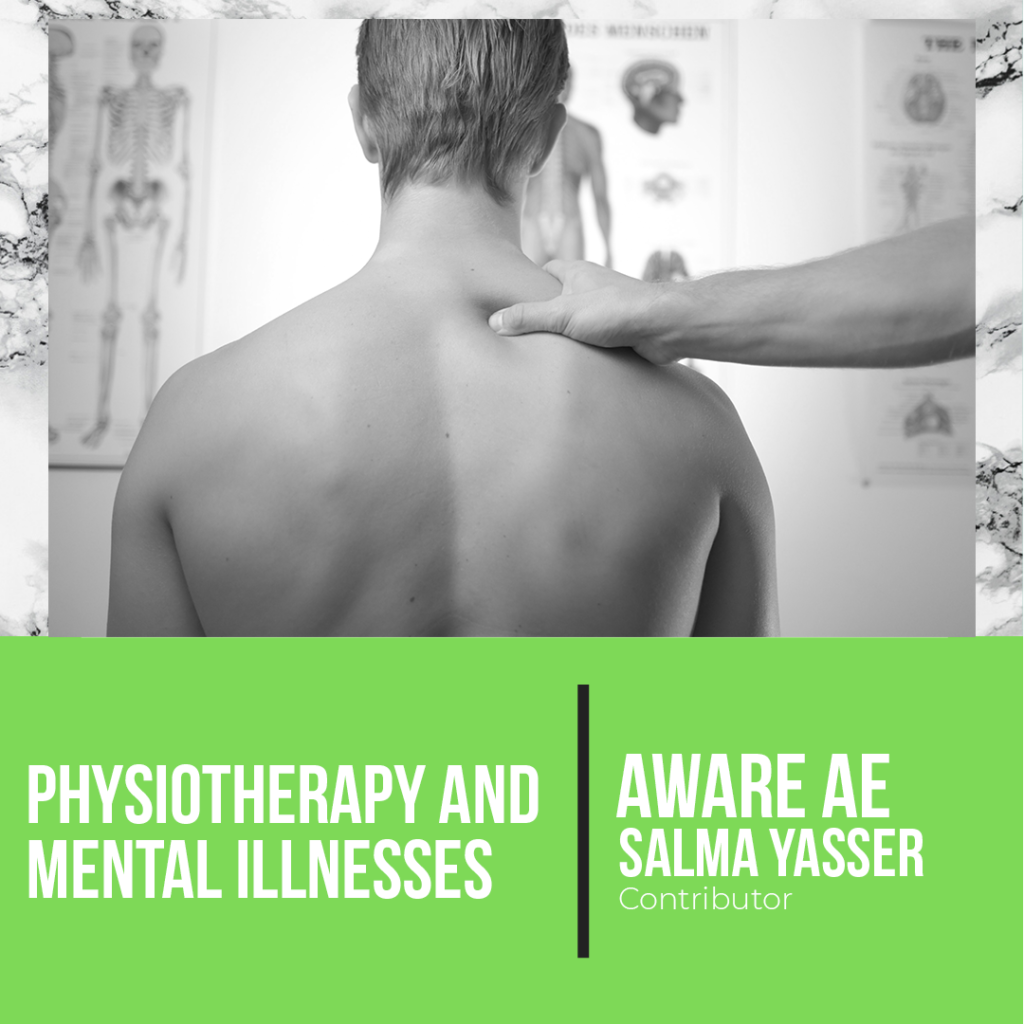The interest in mental health awareness has been growing steadily throughout recent years. This includes emotional, psychological, and social well-being. Unfortunately, physiotherapy is not always considered to be a significant profession when dealing with mental health disorders. However, physiotherapy indeed offers an unconventional approach in dealing with mental health issues as illustrated in this quotation, “no health without mental health.” It does this by using physical approaches that are aimed to help patients with physical comfort that, in turn, enhance their overall quality of life, which makes them applicable to different mental health programs.
The way in which people typically conceptualize mental illness is with a narrow focus on the mental symptoms, which tends to create a divide between the mental and physical health aspects of the symptoms when, in fact, mental illness also has a systematic effect on the physical health of the patient
Physiotherapy
The International Organization for Physical Therapists in Mental Health describes the importance of physiotherapy in the aspect of mental health by stating that it “aims to optimize well-being and empower the individual by promoting functional movement, movement awareness, physical activity, and exercises, bringing together physical and mental aspects.”
Studies have proven that physical activity has a dramatic positive effect in improving the quality of life for individuals who suffer from mental illnesses. And, with physiotherapy, those individuals can work on improving their physical health and well-being. This is because a person with unstable mental health tends to respond to unconventional approaches.
Physiotherapists can help aid people to seek the help they need for their mental health issues and by openly discussing their mental health issues in retaliation to their recovery so that the patient has a deeper understanding and awareness of the steps that are necessary in order to try and start the journey towards recovery.
However, in order for physiotherapists to achieve this, they must first improve their awareness on the different mental health aspects in order for their patients to have an active engagement so that they would have an overall positive experience.
